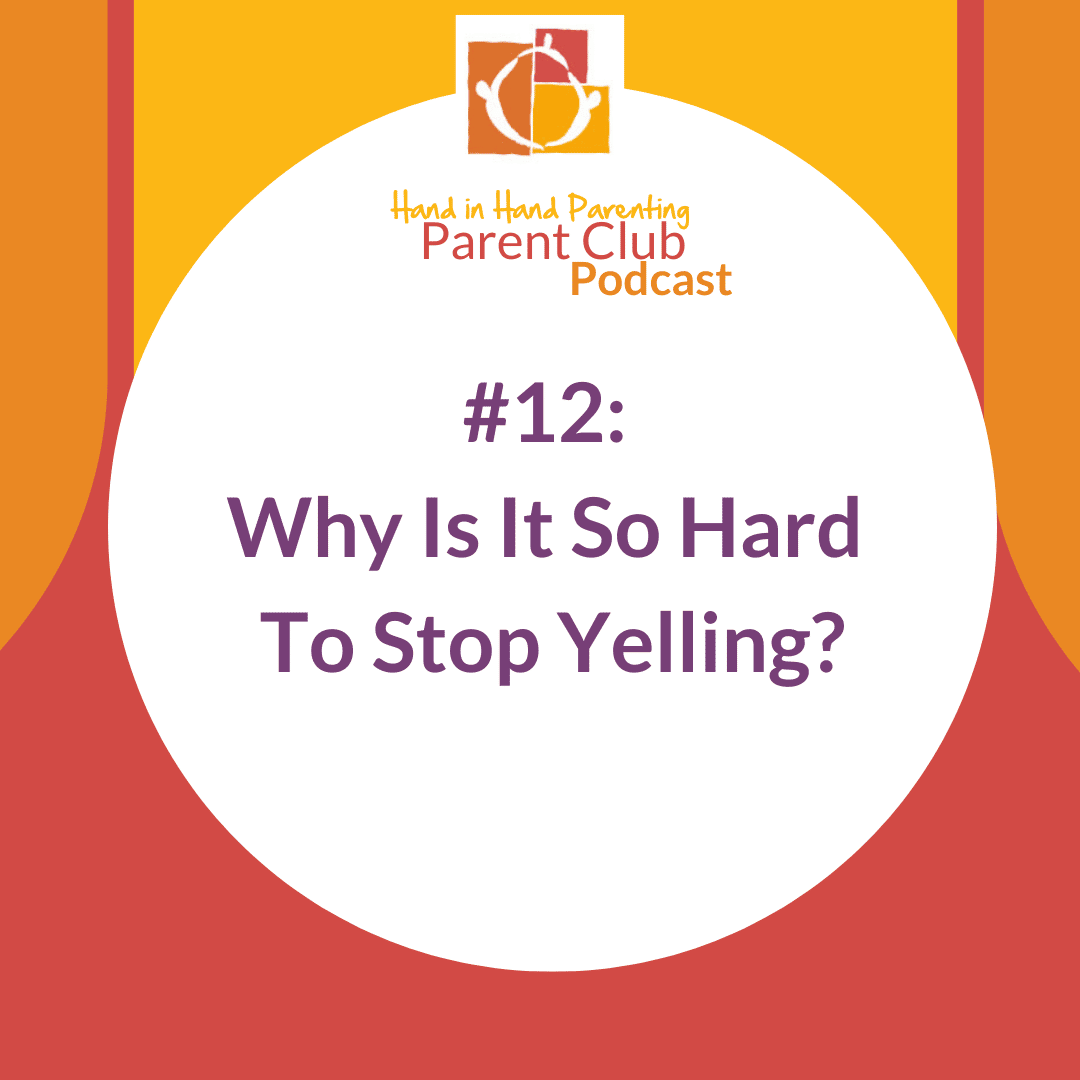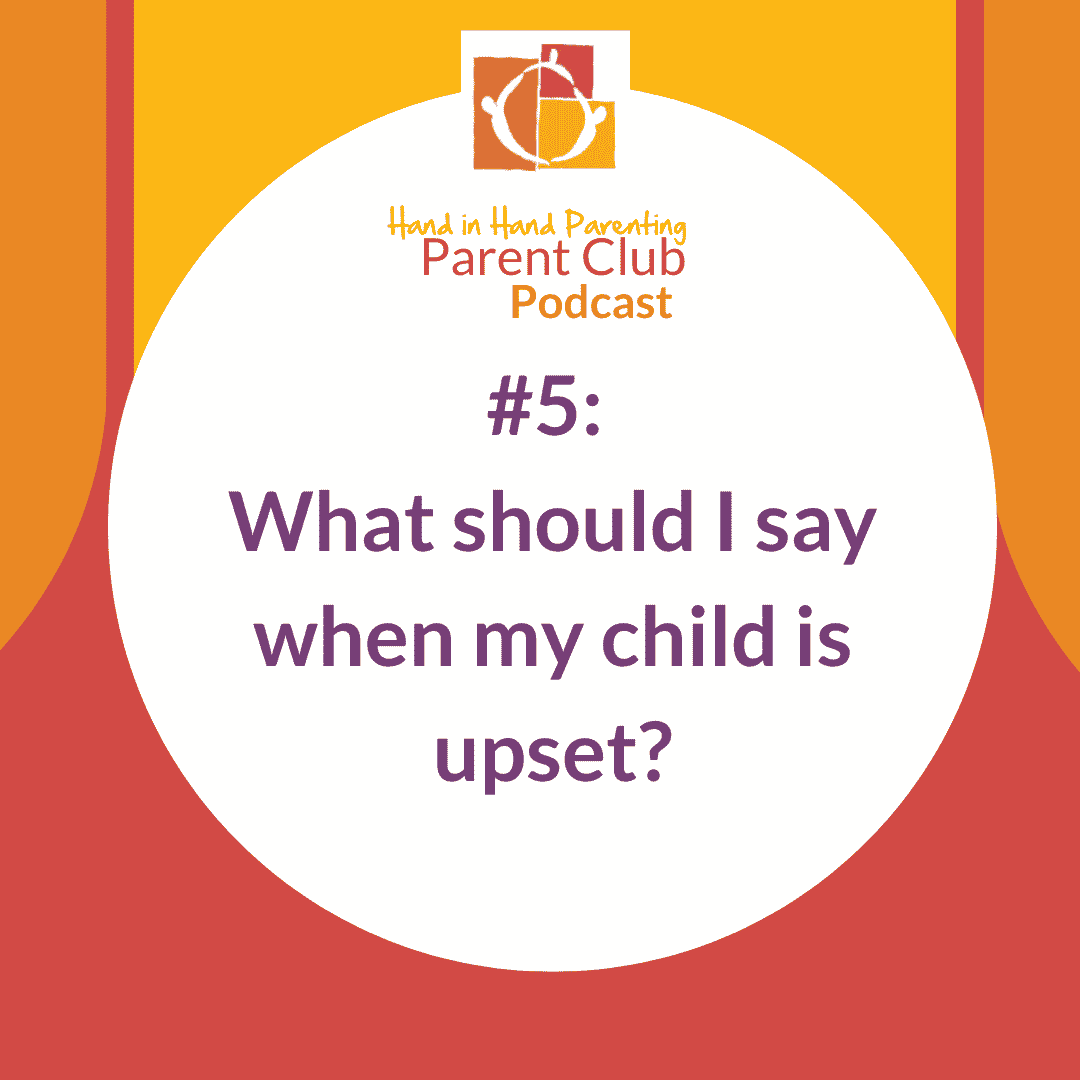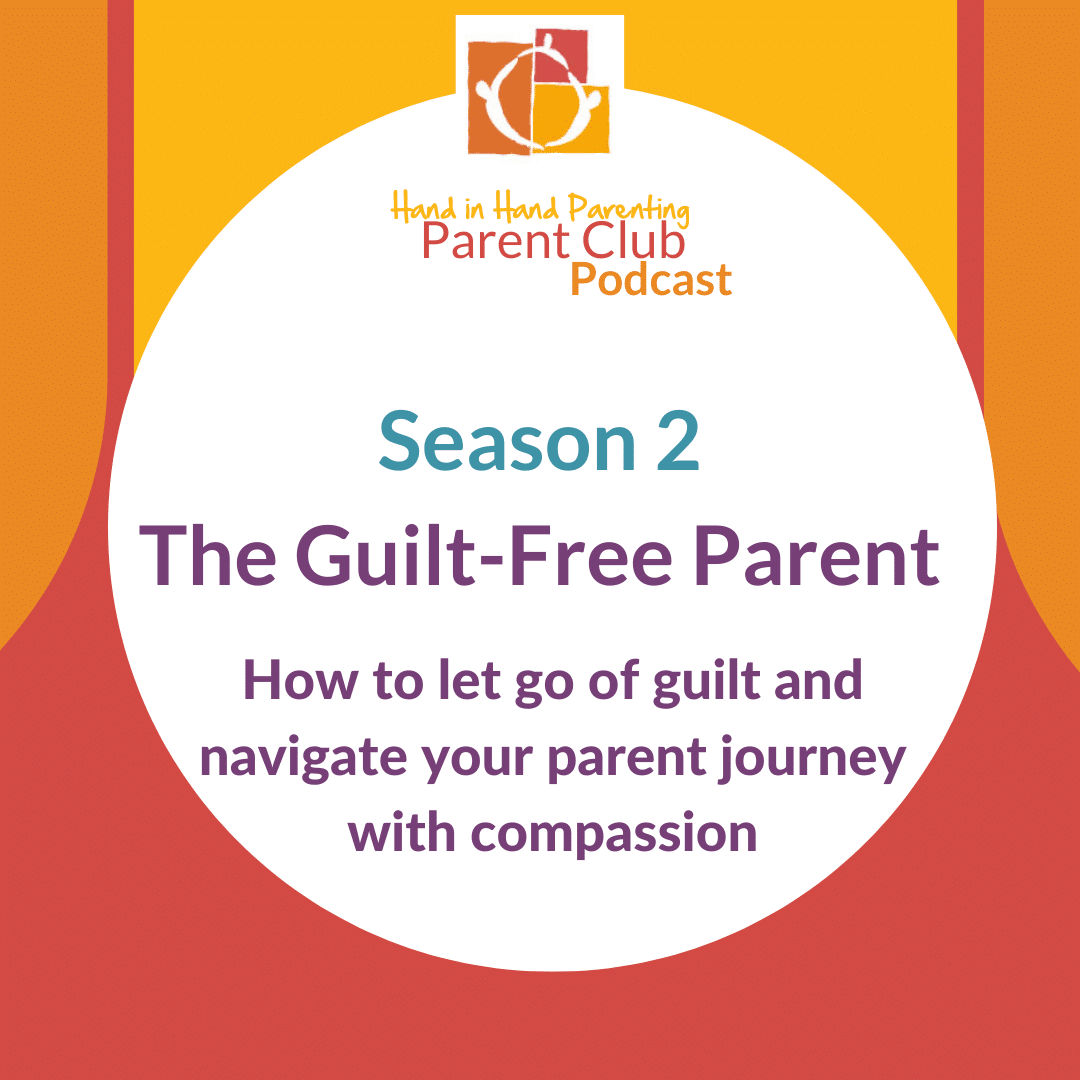Episode Transcript
Speaker 0 00:00:00 Welcome back parents. This episode, we have the question of, well, I explain what needed to happen. Why can't they just,
Speaker 1 00:00:13 This could be anything. This could be anything where we have a want and they aren't cooperating. And when we're in these moments of friction, these are high friction moments where I don't know about you, but these are the moments where sometimes I can go from zero to 60 with my anger. Um, so these are the moments we really wanna pay attention to and, and think about and plan for, for ourselves. So we can, we can be there with a response that we're pleased with. So when they just can't, for whatever reason, in any scenario, we have to remind ourselves and be prepared for. They just can't think they can't think right now, if they could think we could have a rational conversation, if they could think they would delightfully cooperate with us and, and go along with our plan. Um, so we keep talking about looking underneath the behavior.
Speaker 1 00:01:11 What's UN behavior that causes that tension and causes that friction. Um, sometimes it's as simple as we are moving too fast. We're moving at an adult pace and they have a, a, maybe a little bit more of a slow pace that they'd like, but whatever it is, we know that laughter be the key to help release that tension, give a little grease to that friction so we can actually bring a limit while going for giggles. And this might feel contrary to, um, traditional thinking about parents say so and kids say, yes, sir. Yes. Ma'am or, you know, we say jump and they say, how high it's we have a different approach here. We have some different tools for you that keep connection at the heart of your relationship. One of our favorite ways to help a child they're digging in they're cranky, whatever it is, is something we call the vigorous snuggle. And this becomes a go to tool in these moments of tightness, these moments of tension. Kathy, will you tell your story about, um, how you used your vigorous snuggle on your older child?
Speaker 0 00:02:27 Yes, I, I love, yes. I love to share this story because, um, a vigor snuggle can work with almost any age. Uh, you might, I don't know, you might even try it with your partner, but you know, I love Emily that what you are saying is in that moment, when it feels like they won't, that we're really saying that they can't, that they can't think. Um, and so, um, I'm driving my son. He was probably about 11 at the time and I got a car full of boys that range in age from 11 to 14. Um, and we're driving up the highway to the skate park and they are bickering. They're just like, no, no, no, Nan, just, you know, snapping at each other and just saying mean things to each other. And you know, and I, I I've, it's, it's a little triggering for me because I'm the oldest of seven and there was a lot of bickering in my family.
Speaker 0 00:03:25 Um, and so, you know, I'm thinking to myself, if you know, I really, what I was thinking, like, I really kind of felt like I wanted to knock heads together. I took a breath and I thought, you know what, I'm gonna be silly. And I said, Hey, uh, if you can be nice to each other, you're all gonna get snuggle. You're getting snuggles from me. I'm gonna snuggle that bickering right out of you. And they kept on. So I pulled over to the side of the road onto the shoulder and, um, got outta the car, started to get into the back backseat. And they all jumped out of the car. They were laughing. And now where I'm running around the SI you know, the shoulder, the big shoulder where we're safe, um, you know, trying to snuggle these 11, 12, 13 year olds. And they're just laughing and laughing and, and, um, so fi so finally I, you know, I said, I couldn't catch any of them.
Speaker 0 00:04:18 So I said, okay, but I'm telling you, if you, if you start bickering again, you're all getting snuggles. And they got back in the car and we had a great rest of the trip up to the skate park. So it can work even with older kids, this vigorous snow, cuz really the point was that I got laughter going. And that's what released the tension. And really what we're talking about here is our hand in hand tool of play listening. And I like to, there's a couple ways I like to describe play listening cuz as MB, Emily said, it can be sort of like, you know, aren't I supposed to be the authority, but there's something about playing with their refusal and listening for the laughter that can dissolve the power struggle. So, you know, for example, if they, if they dig their heels in and they won't brush their teeth, you could say like, oh, well I think I have to brush your nose.
Speaker 0 00:05:15 So you're playing with that refusal. And you're listening for the laughter. Another way to think about it is like improv comedy. So in improv comedy, you know, the golden rule is yes. And so if, you know, if one actor comes on stage and says, oh, there's my long lost brother from China. And the other one says, I'm not your brother. Well connection breaks. The, the story stops. So there's a little bit of a saying yes to their off track list saying yes to their refusal. And I'm gonna do this silly thing. That's gonna get you laughing. That's gonna help us connect. I'm gonna be bumbling. I'm gonna take the less powerful role, which again is Emily said, you know, can seem counterintuitive because aren't I supposed to be the authority, but what, isn't it more fun to like play with their refusal and listen for the laughter and have that power struggle dissolve than to, you know, you dig your heels in now you got two people dig in, they dig in their heels in.
Speaker 1 00:06:16 I, um, I mean I have done that many a time <laugh> and I can guarantee it never works out as well as, as being playful. But the whole point is we want to shift a behavior. We want to connect with our child and we can do that with laughter and connection and we wanna be better.
Speaker 0 00:06:40 And we wanna shift it by reaching underneath the behavior. Yeah. Not just forcing the behavior to change. Yeah. But actually reaching underneath it.
Speaker 1 00:06:49 Yeah. And so our connection stays alive with our child. We don't have to power over them. Um, we don't have to lose it, uh, with them and, and yell, which also feels bad to us. Um, I had a similar, um, car experience with my daughter, my older daughter when she was, I don't know, maybe eight or nine years old. And I think it was a day where she had to come to work with me and she was not pleased about it. And um, I had probably been pretty cranky getting her into the car. Um, maybe threats were involved. I can't remember exactly, but, um, it hadn't been an easy transition. So she was in the back seat and I was in the front seat and she was just foul. She was in a foul mood. Well, I hate going to work with you and I hate this and I hate that.
Speaker 1 00:07:33 And I was like, I, I just, I remember in my brain, I just had a split second to think don't, don't do it. Don't get resentful and angry. Um, I don't, don't take the bait. Um, and I didn't and I said, okay, uh, I can, I can meet her here. And so I, I said, why don't we have a hate party? Let's just have a hate party right now. I hate the trees. And she was like, I hate the clouds. And I knew I had her then. So we just went on for, I don't know, a minute or two about hating. I hate cute little bunnies. Well I hate cute little puppies and it totally lifted both of us out of that tight spot we had been in. And you know, it acknowledged to her that I, I heard her and I saw her and um, and, and I, I knew she was in there.
Speaker 1 00:08:30 So that's a, it's an example of joining with them in their upset. So when we kind of go under that behavior and get in there with them, with our good thinking on, we can help, we can help, you know, ease them out of that, that uncomfortable place, where they are, cuz it's not comfortable. They don't wanna be there either. Nobody feels good when they're in that kind of cranky, reactive place. So, um, we have lots, so many wonderful ideas, um, on a hand in hand website and we talk about this all the time in the parent club of ways to, um, invite them to move that tension into laughter, which heals the tension so they can move on with their day. So a classic fur hand in hand is a, a silly little playful mock threat of, Ooh, I think you need a thousand kisses. I'm gonna get you and you playfully chase them. Um, of course with play listening, they're always in the lead. They're always the most powerful. They're always the fastest. So we Bumble, we miss them, we just catch them and then they escape, um, any kind of affectionate chase game where they beat you. They best you. Um, you trip over yourself,
Speaker 0 00:09:45 I'm gonna jerk into the kissing monster. Yeah. And you're one about crabby hands
Speaker 1 00:09:49 Crabby. Yes. That's a great one for, so when I'm cranky, I can playlist myself by saying, oh, I'm crabby mom. And I turn into a crabby mom with crab hands that are gonna pinch them all. And I chase them and it gives me a chance to laugh away my attention too. And that connection healing goes, goes both ways. Um, another one is picking grouchy bugs off of them. If they're grouchy, you can playfully, you know, pick, pick, pick, uh, at them, um, trying to glue yourself to your child or glue them to something. And then they keep getting up breaking the glue. How can they, this, this is mindboggling you got off your glued chair. Um, any kind of bumbling confusion is just gold. Um, the mock threat of I'll eat my elbow, uh, is, is a, a classic or, well, if you can't put your shoes on your feet, then I'm gonna have to eat your toes and then you do and you get to playfully say, oh, they're so stinky.
Speaker 1 00:10:54 I can't even, um, but the key with these is they're experiments. You try them out, you see how it goes. And especially, um, during good times when the, the tension isn't at like a level 10, the tension's at a level three, that's when you can really experiment with these things and try them out, see what feels right to you. See what, which one of these types of games your child seems to like. Um, so then when things do get really heated, you have your go to, um, that you've, that you've been practicing and you're not in that super heated moment where you feel so frustrated too. So you have more access to your, um, creative thinking, your, um, patience, um, all the things we need to respond rather than react in these moments.
Speaker 0 00:11:47 I remember when I first, you know, started using hand in hand and, uh, I, this was my son. It was easy for, for him to get playful, you know, for me to get playful with him when he was in one of those stuck moments. But I was often at a loss for what to do. And I actually did some research. Like, I mean, I went to the hand in hand website and I put in the word playful and I put in the word play. And so, you know, we've got some great suggestions there. Um, so I, I like had this like, uh, toolbox or like a lot of ideas in the back of my head that I had, um, cultivated by reading some anecdotes and, you know, um, uh, some ideas that other parents had done, some other playful ideas. And of course, you know, in the parent club, we have a whole, um, list of a fridge list of, of mock threats and playful ideas and ways to playfully handle sibling rivalry and, um, playing cards each on each cards, a play idea.
Speaker 0 00:12:50 So, um, so you may need to do a little bit of, of, you know, gathering of ideas. So you have some ideas in your back pocket. And as MB, Emily said, trying them when things are good or when it's only like tiny bit tense instead of, you know, off the charts. And so the one small thing that we're gonna ask you to experiment this with this week is look for an opportunity to be playful with a limit. You know, when they're, when they're digging, they're in their heels, come in with a vigorous snuggle to, to snap, to stop their nutty behavior and, and see if you can get some giggles going. So that's our one small thing this week
Speaker 1 00:13:28 And next week, we'll have some more ideas about, um, how to help them and how to help yourself in these moments where they dig their heels. And then they won't do something. When, when you need something, you need them to do something, um, that doesn't involve yelling and threats. So we hope to see you there. Thank you so much for tuning into the hand in hand parent club podcast, please liken subscribe to hear more and to connect with us between these episodes. Come on over to hand in hand parenting.org to join the parent club where you can get coaching classes and live support.
Speaker 0 00:14:00 Come join our vibrant community of parents in the parent club who are committed to getting the support they need to be the parents they wanna become. We'd be honored to support you too. This podcast and the parent club are part of hand in hand parenting, a nonprofit organization that supports parents all over the world. We are here for you when parenting gets hard.


